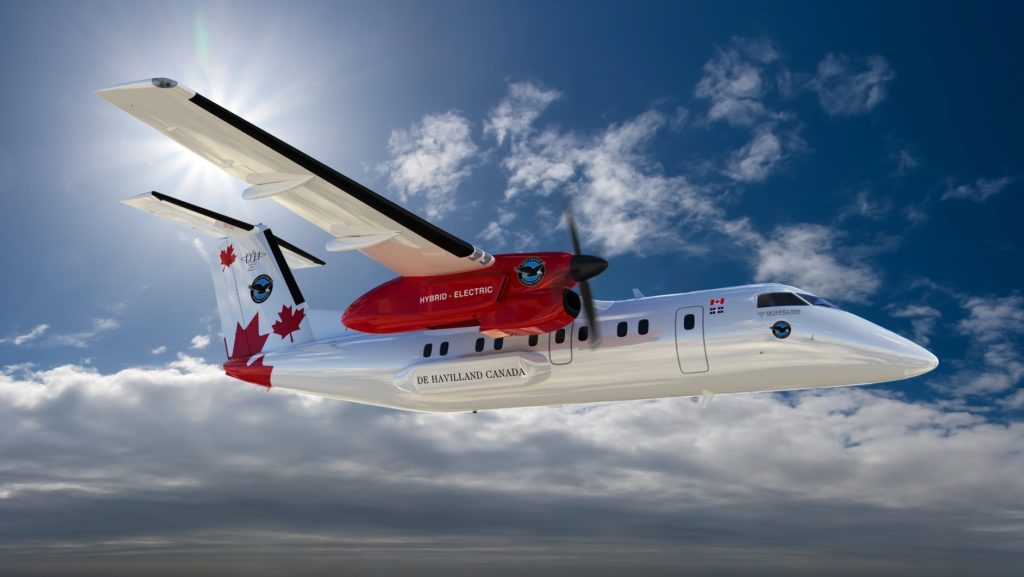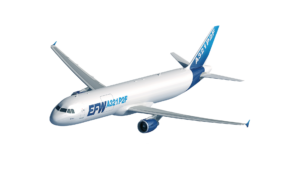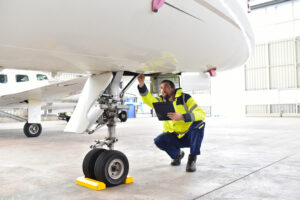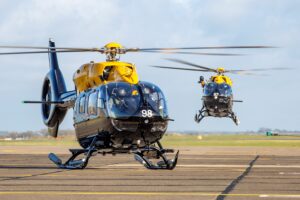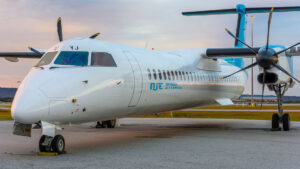Pratt & Whitney Canada (P&WC), a business unit of Pratt & Whitney, has announced plans to advance its hybrid-electric propulsion technology and flight demonstrator program as part of a CA$163 million (US$128 million) investment, supported by the governments of Canada and Quebec.
“Pratt & Whitney Canada is proud to be a leader toward ever more sustainable aircraft propulsion technologies and be an integral part of Canada’s green recovery plan,” said Maria Della Posta, President, Pratt & Whitney Canada. “With a long-time commitment to sustainability and as Canada’s top aerospace investor in research and development, having invested CA$500 million (US$394 million) annually, we are driving economic growth, innovation, and workforce expertise to benefit the environment. Hybrid-electric technology has an important role to play in enabling the next step-change in efficiency for aircraft engines, and we are uniquely positioned to demonstrate this potential.”
The new hybrid-electric propulsion technology will drive significant improvements in aircraft efficiency by optimizing performance across the different phases of flight, allowing the demonstrator to target a 30% reduction in fuel burn and CO2 emissions, compared to a modern regional turboprop airliner. P&WC is working with De Havilland Aircraft of Canada (De Havilland Canada) to integrate this hybrid-electric technology into a De Havilland Canada Dash 8-100 flight demonstrator.
This demonstrator will include an advanced electric motor and controller from Collins Aerospace, also a Raytheon Technologies business. Combining advanced technologies developed by P&WC and Collins, this project is a successor to Project 804, launched in 2019 as a joint development program between the two companies and provides a solid foundation for this new demonstrator program to build upon. P&WC will target ground testing in 2022, leading to flight testing of the Dash 8-100 demonstrator in 2024.

